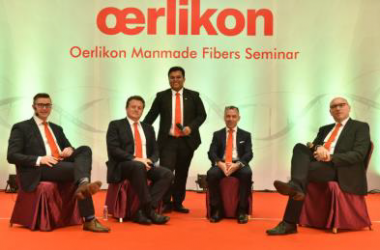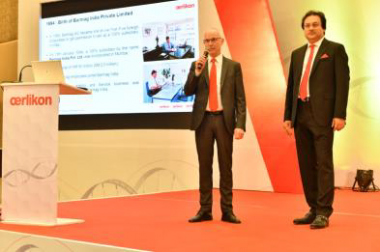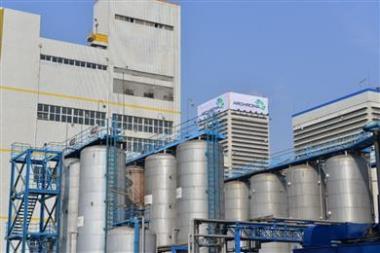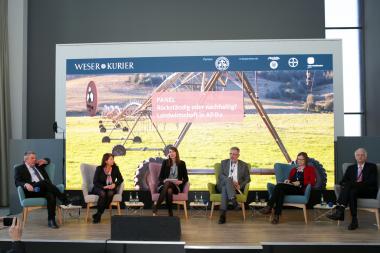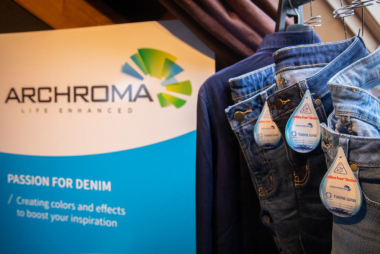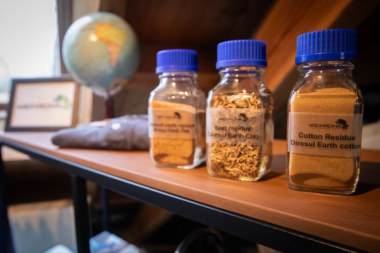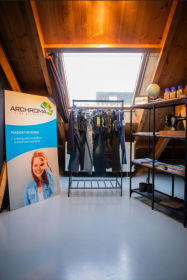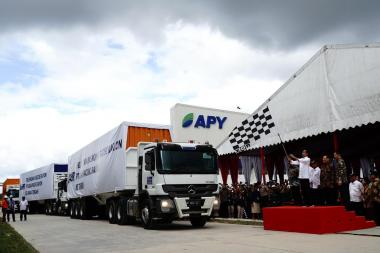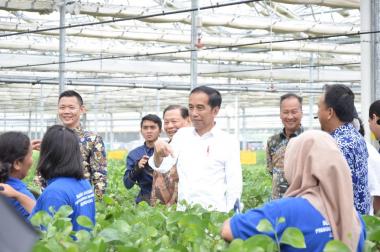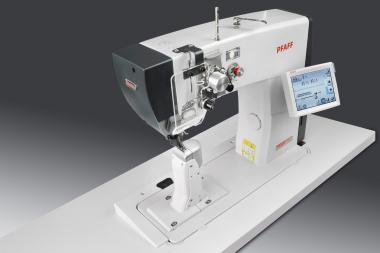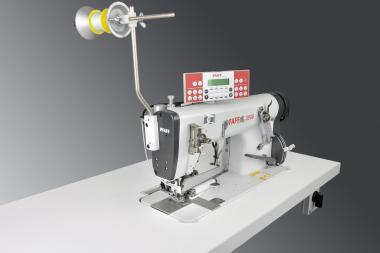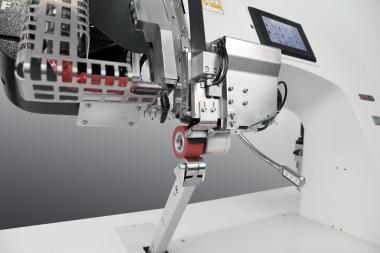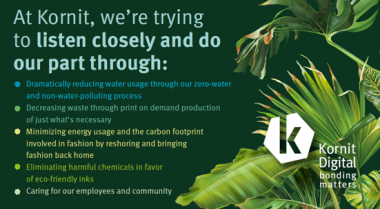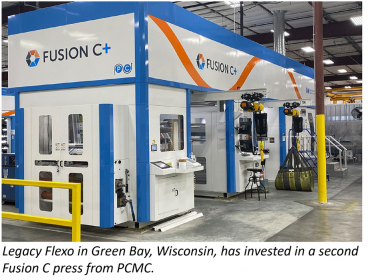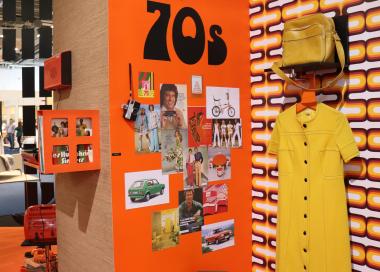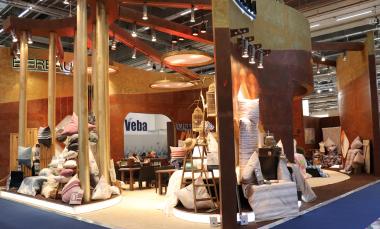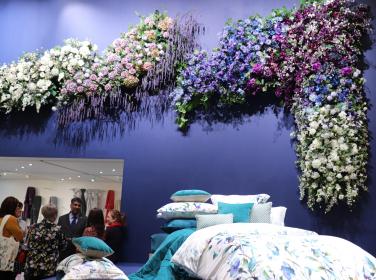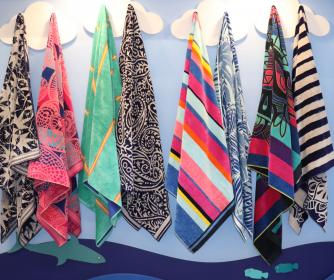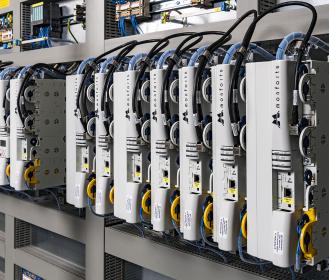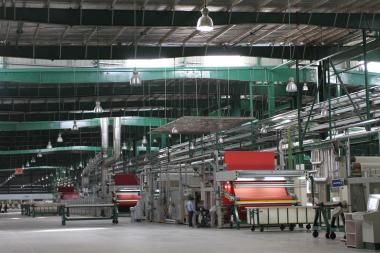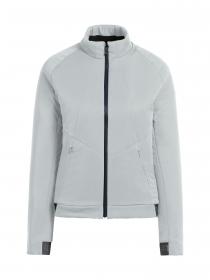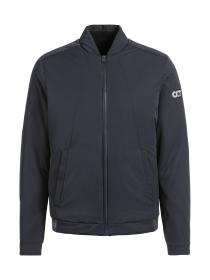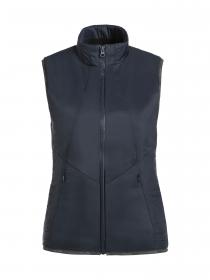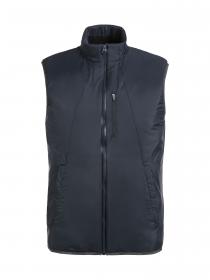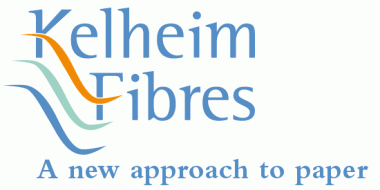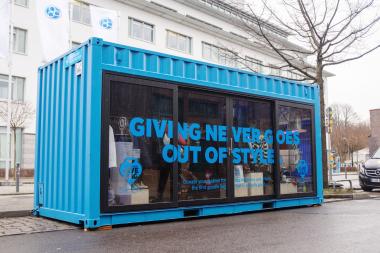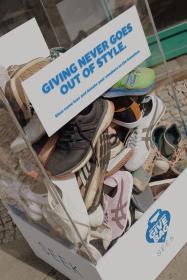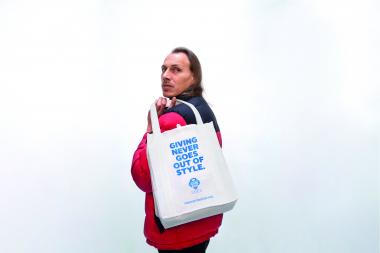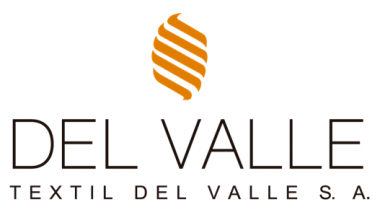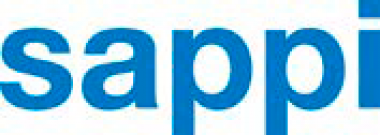PINKO enters Korean market
In keeping with the brand’s internationalization strategy, Pinko is glad to announce an ambitious retail expansion plan in the Korean market.
The first phase of this retail project, developed in collaboration with Mitsui & Co. Italia and La Pace as local partner, saw the opening of two stores located inside two of the most important and prestigious Korean duty free shopping destinations.
The first Pinko shop in Korea opened its doors at the end of January at Seoul’s Shilla Duty Free Downtown Store, which houses the boutiques of the most prestigious global luxury brands. The inauguration of the second Pinko store in Korea was celebrated with an opening party on Feb. 20. This store is located in Seoul at the Hyundai Department Store Duty Free Dongdaemun, one of the most important Korean touristic attractions at day and night, thanks to its wide offering of merchan-dising categories, spanning from international luxury and fashion items to the highly popular Made in Korea beauty products.
Pinko’s retail expansion plan in the Korean market also includes the opening of two new stores by the end of 2020, while the company aims to operate a total of 14 boutiques, 6 inside department stores and 8 at Duty Free destinations, within three years.
PINKO
NETWORK PUBLIC RELATIONS






